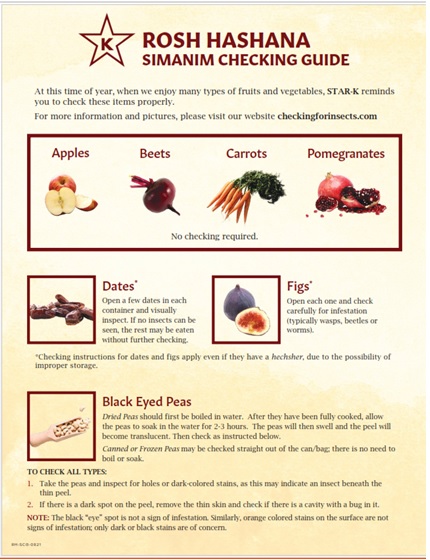Updated February 2024
From a Jewish-Owned Store That Did Not Sell Its Chometz to a Non-Jew Before Pesach
The Torah forbids a Jew to own chometz on Pesach. In order to dissuade people from owning chometz on Pesach, there is a rabbinic injunction not to eat or benefit from chometz which was owned by a Jew during Pesach. Such chometz is known as chometz she’avar alav haPesach, and it remains forbidden permanently.1
For this reason, one should not buy chometz from a Jewish-owned store immediately after Pesach, unless the owner sold all chometz that he owned before Pesach to a non-Jew for the duration of Pesach and did not acquire any further chometz during Pesach. The laws of mechiras chometz (selling chometz to a non-Jew for Pesach) are complex; therefore, the sale must be made by a competent rabbi or kashrus authority.
If a Jewish-owned store did not sell its chometz for […]





 STAR-D
STAR-D STAR-S
STAR-S